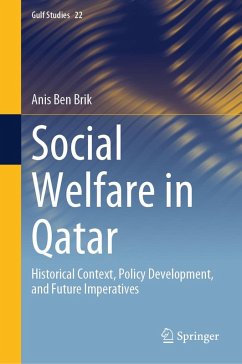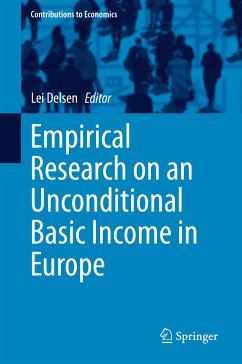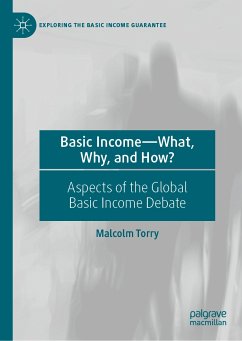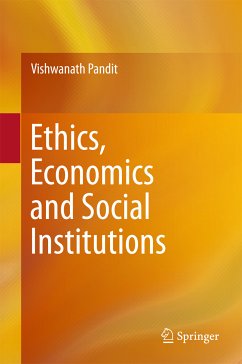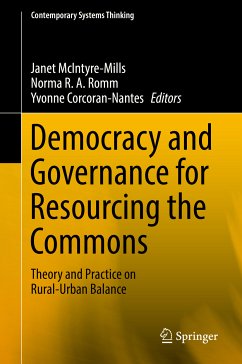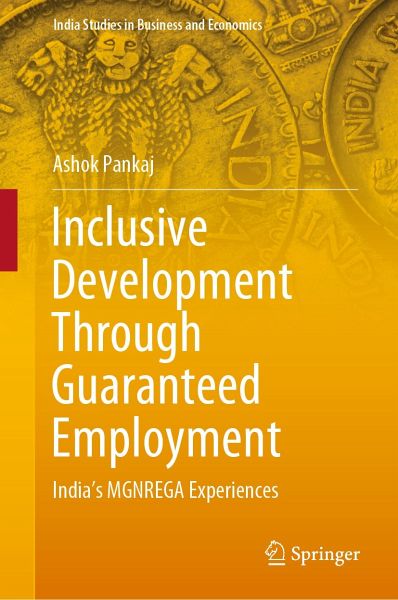
Inclusive Development Through Guaranteed Employment (eBook, PDF)
India's MGNREGA Experiences
Versandkostenfrei!
Sofort per Download lieferbar
88,95 €
inkl. MwSt.
Weitere Ausgaben:

PAYBACK Punkte
44 °P sammeln!
This book examines the inclusive development experiences and impacts of the Mahatma Gandhi National Rural Employment Guarantee Scheme (MGNREGS). It discusses the theoretical assumptions underlying the inclusive development of Employment Guarantee Scheme (EGS), and draws conclusions based on robust data and real-world experiences with the MGNREGS - which has attracted global attention as India's most ambitious, rights-based development initiative and most expansive work-based social security measure, the world's largest public works programme, and people-centric approach to development. The boo...
This book examines the inclusive development experiences and impacts of the Mahatma Gandhi National Rural Employment Guarantee Scheme (MGNREGS). It discusses the theoretical assumptions underlying the inclusive development of Employment Guarantee Scheme (EGS), and draws conclusions based on robust data and real-world experiences with the MGNREGS - which has attracted global attention as India's most ambitious, rights-based development initiative and most expansive work-based social security measure, the world's largest public works programme, and people-centric approach to development. The book argues that the Scheme holds vast potential, and, in fact, has made significant contribution to the promotion of livelihoods of the poorest of the poor, but that the weak institutions of local-self-governance, entrusted for implementation of the Scheme, are incapable of exploiting them to the full. It ends with a concrete policy suggestion: the inclusive development experiences gathered with theEGS and presented here could offer a source of policy change in many developing Afro-Asian countries whose situations are similar to India's, provided the local conditions in the respective country are taken into consideration when designing the EGS. Its significance as a social security measure has increased in post-COVID loss of jobs and livelihoods of the poor.
Dieser Download kann aus rechtlichen Gründen nur mit Rechnungsadresse in A, B, BG, CY, CZ, D, DK, EW, E, FIN, F, GR, HR, H, IRL, I, LT, L, LR, M, NL, PL, P, R, S, SLO, SK ausgeliefert werden.





